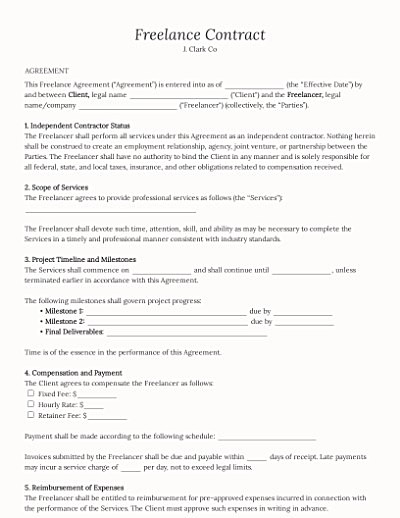Understanding Freelancers and Freelance Work
A freelancer is an independent professional who provides specialized services to multiple clients on a project or contract basis. Unlike traditional employees, freelancers manage their own schedules, pricing, and business operations. They typically work without employee benefits or the structured environment of full-time employment.
This freelance contract overview describes how freelancers contribute to today’s digital and service-based economy. Many organizations engage freelancers to access niche expertise, scale operations efficiently, and adapt to changing project demands.
Common Types of Freelance Roles
Freelancing spans a wide range of disciplines and freelance industries. Examples of types of freelance jobs include:
- Content creation: Producing written, audio, or visual materials such as social media posts, videos, or articles.
- Copywriting: Developing marketing content, blog articles, and advertising campaigns.
- Graphic design: Creating brand assets, advertisements, and visual layouts for digital or print media.
- Web development: Building websites, coding technical features, and supporting online functionality.
- Consulting: Providing professional insights in business strategy, marketing, or finance.
- Media production: Delivering photography, videography, or post-production services for commercial and creative projects.
Across these fields, written agreements are commonly used to describe project terms in a clear and consistent format.

Freelancer vs. Independent Contractor
Freelancers and independent contractors share similarities but may operate under different types of work arrangements:
- Freelancers: Commonly manage multiple short-term or project-based assignments for various clients.
- Independent contractors: Often take on longer-term or more structured engagements, depending on the client’s needs.
Both roles are typically self-employed and governed by contractual agreements rather than employment relationships. Classification can vary by the nature of the work and jurisdiction-specific definitions.
The Role of a Freelance Contract
A freelance contract establishes the working relationship between a freelancer and a client. It typically outlines the project’s scope, deliverables, timelines, payment structure, and confidentiality expectations.
Written agreements are widely used to promote clear communication and reduce misunderstandings. They describe responsibilities, clarify ownership rights for creative work, and outline the conditions under which the project will proceed. Freelance contracts are common among designers, developers, consultants, and content creators seeking a structured and transparent arrangement.

Common Elements Found in a Freelance Contract
Freelance contracts often include sections that organize project expectations and responsibilities. The following items reflect common freelance contract clauses found in many professional engagements:
- Scope of Work: Defines the services, deliverables, and milestones associated with the project. For example, a website design agreement may describe the pages to be created, required features, and which party supplies content or media assets.
- Payment Terms: Explains how and when payment occurs, including hourly, project-based, or retainer rates, as well as payment methods and schedules.
- Project Timeline: Describes the agreed-upon deadlines, milestones, or estimated delivery periods.
- Intellectual Property: Outlines ownership rights for the completed work. In many cases, ownership transfers to the client after payment, though terms may differ based on mutual agreement.
- Confidentiality: Describes how private or proprietary information is managed during and after the project.
- Termination: Details how the contract may end early, including any required notice or compensation for completed work.
- Liability and Limitations: Identifies each party’s responsibilities and defines the extent of liability within the project scope.
Key Takeaways
- Freelancers provide specialized services across a wide range of industries.
- Freelance and independent contractor roles are similar but may differ in project length or structure.
- Written freelance contracts help document expectations, timelines, and deliverables.
- Common elements include project scope, payment terms, confidentiality, and intellectual property provisions.












